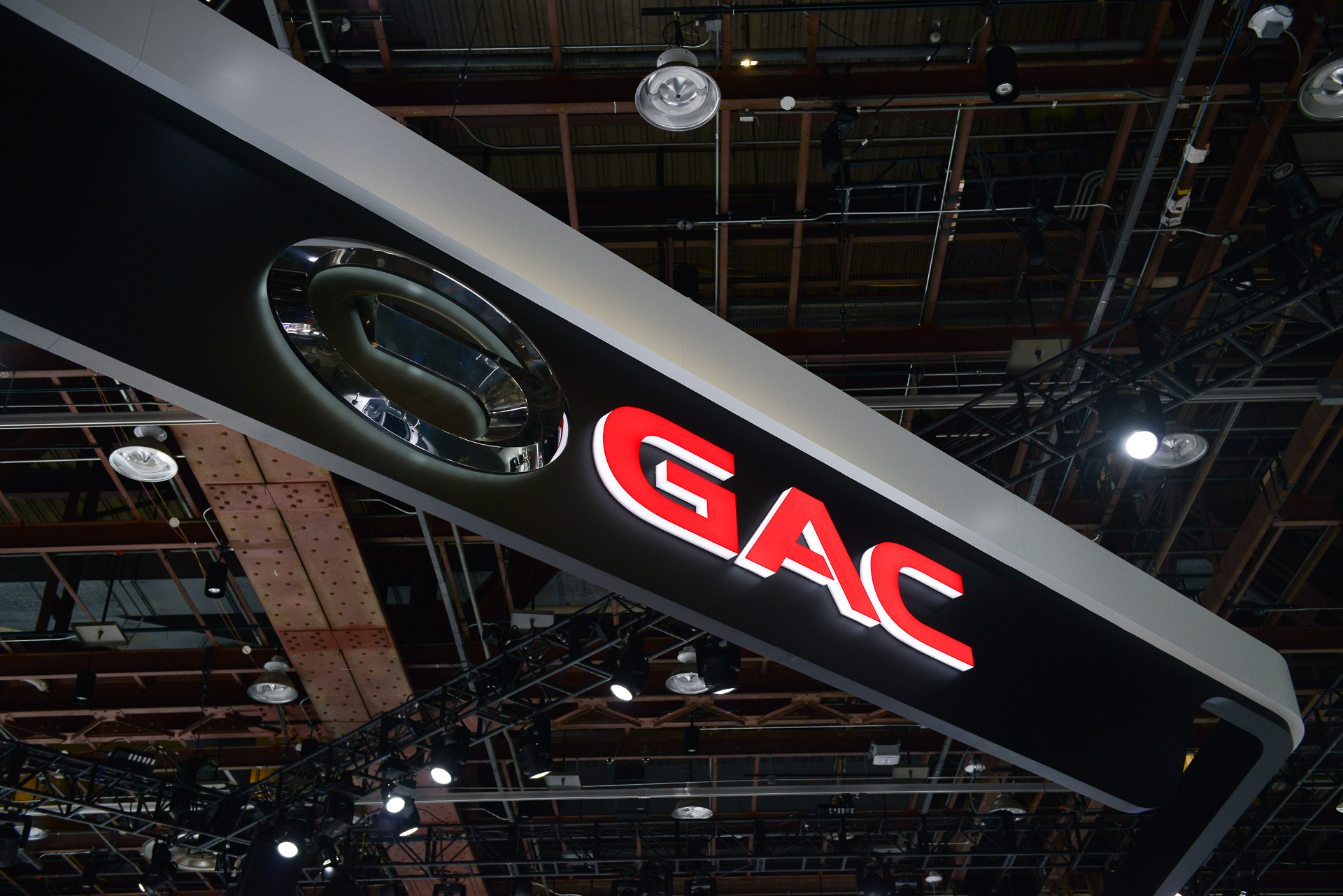
China’s GAC announces hydrogen combustion engine
Chinese automaker GAC Motor claims to have successfully tested a hydrogen combustion engine, although it’s
Chinese automaker GAC Motor claims to have successfully tested a hydrogen combustion engine, although it’s unclear if the engine will ever reach production.
Instead of using fuel cells to generate electricity, GAC designed an internal-combustion engine to burn hydrogen in place of gasoline or diesel. The resulting engine has a fairly high thermal efficiency of 44%, according to a company press release.
Notable engineering nuggets include a hydrogen-specific combustion chamber design, as well as strengthened pistons, piston rings, and connecting rods.
GAC said it will continue “thermodynamic calibration and mechanical development of the hydrogen engine,” and that it would work to set up a hydrogen supply chain based around renewable-energy sources. But the company didn’t discuss any production plans.
GAC Motor hydrogen combustion engine
The company previously planned to enter the U.S. market and presented both an electric car and plug-in hybrid crossover at the 2017 Detroit Auto Show. It returned to Detroit in 2019 with a futuristic minivan concept. But U.S. launch plans have been postponed indefinitely.
In its home market, GAC has since teamed up with Nio for battery-electric vehicles. Those might be a safer bet than a hydrogen combustion engine.
Hydrogen internal combustion comes with a range of issues, including storing enough hydrogen onboard a car to achieve sufficient range. They also produce some tailpipe emissions and face the same infrastructure problems as fuel cells.
Yet GAC isn’t the only company giving hydrogen internal combustion another look. BMW once produced the Hydrogen 7, a version of its 7-Series flagship with a hydrogen-powered V-12, and Toyota developed a hydrogen engine for racing, using it at a 24-hour race in Japan earlier this year.
